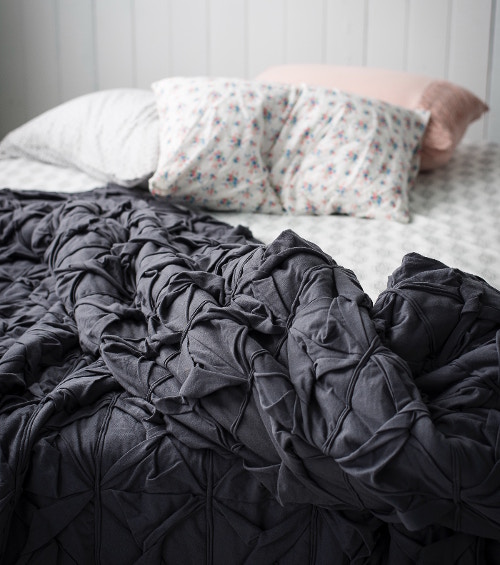
I Have Sleep Apnea – Do I Really Need a CPAP?
Different treatments can help you breathe easier if you have sleep apnea.
The National Sleep Foundation says it’s a simple question, but it has a complex answer.
“There’s no one-size-fits-all remedy for sleep apnea – a potentially life-threatening condition in which a sleeper periodically stops breathing for several seconds at a time and then resumes breathing, often with a loud snort. If you’ve been diagnosed with sleep apnea, your doctor is likely to treat it based on the severity of the condition.
For mild sleep apnea, treatment options include:
- Avoiding Sedatives: Drinking alcohol or taking medications that make you sleepy can cause the tissues in your mouth and throat to relax too much, making it harder for your airway to stay open while you sleep. Steering clear of these substances may help you breathe better as you catch your zzz’s.
- Losing Weight: If you’re overweight or obese, dropping even a small amount od weight may ease your symptoms by reducing pressure on your airway.
- Sleeping on Your Side: Using pillows to prop yourself on your side or wearing a nightshirt with a tennis ball stuffed in a sock and pinned to the back of your shirt can prevent you from lying on your back and help keep your airway open while you snooze. (when you lie on your back, the base of your tongue and soft palate collapse against the back wall of your throat; this doesn’t happen if you sleep on your side.)
- Unclogging Your Nasal Passages: If your nose tends to get stuffy at night, ask your doctor if taking an antihistamine or decongestant or using a nasal spray might help keep your nasal passages open.
For moderate to severe sleep apnea, treatment options include:
- Using a CPAP Machine: To keep your airway open while you sleep, a CPAP machine (short for: continuous positive airway pressure) at your bedside bows pressurized air into a mask that’s worn over your mouth and nose.
- Wearing a Dental Device: A custom-made mouth guard from your dentist can reposition your lower jaw. The device pulls your lower jaw slightly forward, which helps open your airway while you sleep.
- Having Surgery: In some cases, surgical procedures – to trim excess tissue in the mouth or throat or to correct an anatomical abnormality – can increase the size of your airway, so that you can breath more easily while you sleep.”
Custom Dental Guard to Improve Sleep
The Center for Sleep and TMJ Disorders of Fairfield is a great place to explore improving your sleep, by determining if you need a dental guard, and receive a fit that's as unique as you are. Book an appointment today with Dr. Gloria Stern to find the right treatment that matches your dental guard and sleep needs.
